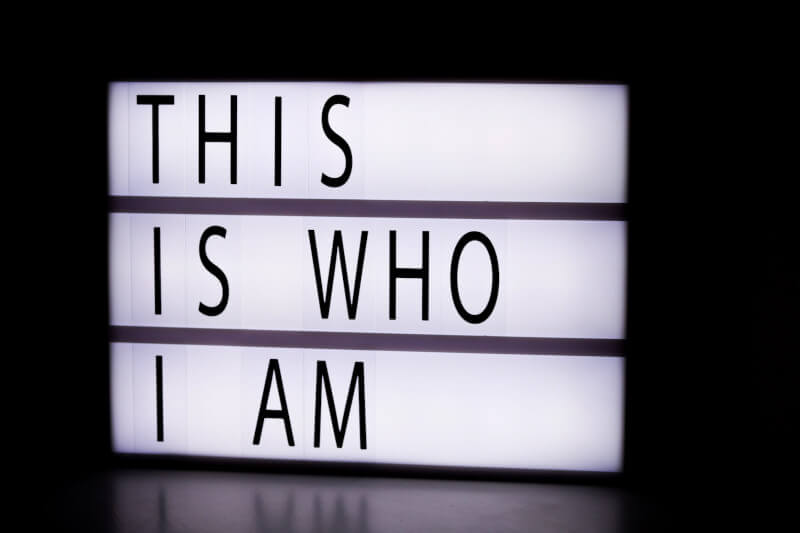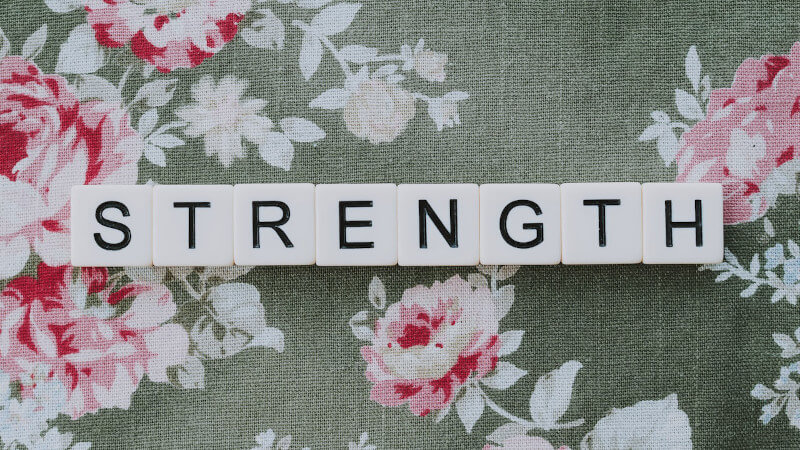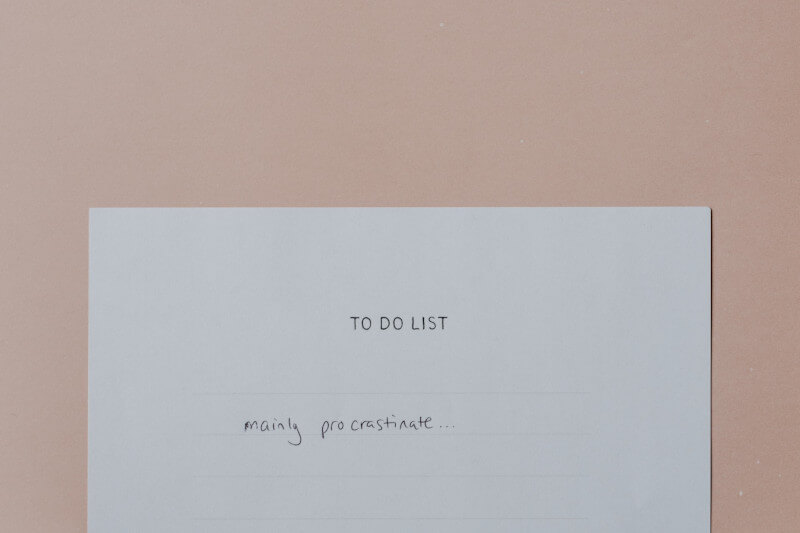Applicants who put in the effort to find new employment and apply for available positions may see fruition once they are offered an interview. The next thing you need to do to get a job offer is to prepare for the interview questions and design professional answers to those questions. Because the majority of interviews adhere to a predetermined structure that is comprised of the most typical interview questions, any professional needs to have a plan in place for how they will respond to these questions before their interview.
You were able to secure an interview for a position that appears to be a good match for your skills and experience. The next thing you should do is get ready for the interview and put yourself in a position to be successful.
One of the most important aspects of preparing for an interview is thinking about the kinds of questions that might be asked and how an ideal candidate might respond to them.
In this piece, we will discuss some of the most popular interview questions, as well as the types of things the questions are trying to get you to do and how you should respond.
Please Tell Me Something About Yourself

Candidates will likely hear this question early on in the interview because it allows them to discuss themselves and the reasons why they are superior to other candidates.
The interviewer needs to know, in addition to what is on your resume, why you’re a suitable candidate for the position you are applying for. As a result, applicants ought to respond to the question by divulging a sufficient amount of professional and personal details to kick off the discussion, but not so much information that it completely answers any questions that the interviewer might have. You are welcome to include personal information; however, keep in mind that it might not be suitable for all types of interviews.
It Would Be Helpful to Answer This Question by Applying the Formula of Past-present-and-future Events
Example of response appropriate for recent college grads: “I’m working as a sales associate at the XYZ store right now.” My job responsibilities include helping to keep the store tidy, aiding with inventory, and topping up the shelves in the makeup department; all of these tasks require me to pay attention to every detail and have a lot of patience. My prior education includes a sociology degree from ABC University, from which I graduated before assuming this position.
I have been looking for employment in the healthcare industry where I will be able to gain more knowledge about patient care, give others more responsibility, and assist others in the community. I am looking for a position that will help me lay the groundwork for my future job in the healthcare industry.
Example of response appropriate for an individual with more experience: “For the past two years, I have been employed by XYZ company in the capacity of a senior data analyst.” As part of my responsibilities in this role, I offer insights into our client base and contribute to the process of finding solutions to any issues that may arise with our customers. Before this, I worked in a variety of data analyst positions at progressively lower levels for several years before obtaining my master’s degree. At this point in my professional life, I am prepared to take on more complicated tasks as a team manager and to fine-tune my technological expertise.
What Aspects of This Role Most Pique Your Interest?
One common tactic involves concentrating on a particular facet of the company that genuinely piques the candidate’s interest, such as the organization’s history or reputation. Before an interview, a candidate who has shown a significant amount of interest in the position by investigating the company and the position shows that they have done their research.
An example response that emphasizes the employer is as follows: “I wanted to apply for this position because I have longed to work at XYZ company for several years.” Because of the recent advancements that XYZ company has made to our industry in addition to the historically reputed leadership that this area possesses, it is an opportunity that is highly desirable. After reviewing the work that this company has done in the past, I believe that my experience as well as my educational background would be an asset to both this position and this organization.
An example response that is focused on the role is as follows: “This role is precisely what I’ve been searching for since it firmly highlights customer experience and innovative thinking, which is thrilling.” In my previous jobs, I always wished that I had more opportunities to think creatively and brainstorm potential solutions; therefore, I believe that this position, along with the skilled team at XYZ company, could assist me in acquiring new strategies and competencies while also advancing my career.
What Do You Consider to Be Some of Your Greatest Strengths?

The purpose of this question for the employer is to ascertain whether the candidate possesses the requirements for the position. To differentiate themselves from the other applicants, candidates need to highlight their most significant strengths and how they relate to the job description and the role.
Candidates who are getting ready for interviews are given the following piece of advice by Diana YK Chan, an executive career and self-belief coach: “Interviews are chances to demonstrate why you are the right candidate to hire.” Employers are interested in learning what sets you apart from other candidates and whether or not you have the potential to be successful in the role. It is essential to highlight your strengths that demonstrate why you would be a good fit for the position… If you spend some time planning out your responses, you’ll be in a good position to discuss your most important qualifications in any interview.
Create a bullet point list of potential strengths that are mentioned in the job posting and use this strategy. The next step is to evaluate which of your skills, whether they are difficult or soft skills or related to your previous work experience, maybe a suitable match for those skills. Narrow this list down to a few strong abilities, and make a plan to incorporate those abilities into your response.
Here’s an example answer: “I take a lot of pride in the exceptional customer care abilities I possess. I have worked as a customer service consultant for many years, and throughout that time, it has been essential for me to comprehend and effectively address the issues that arise about customers. My experience in customer service has provided me with the opportunity to develop skills in problem-solving, decision-making, and professionalism, which have all contributed to my growth as a communicator and member of a team.
What Do You Consider to Be Your Greatest Areas of Weakness?

Discuss your shortcomings while maintaining a positive attitude. Use this question as an opportunity to demonstrate to the prospective employer that you are a quick learner, rather than trying to make your weaknesses seem like flaws.
This is yet another opportunity for a candidate to demonstrate to the interviewer why they are the ideal candidate for the position. In response to this question, a candidate might want to emphasize their credentials, their capacity to tackle difficult tasks or their thirst for knowledge.
A sample reply could be something along the lines of, “I have exceptional attention to detail, however, there are instances when this changes into perfectionism.” Because I want it all to look perfect, I have found myself going through excel spreadsheets over more than is required or taking too much time to write emails than is appropriate. I’ve gotten much better at managing my time, and I’ve been working hard to improve my ability to estimate how much time I should spend on each task to keep my schedule under control while maintaining a high level of productivity.
How to Perform Excellently in Your Interview

Many people find the interview process to be nerve-wracking, but taking the time to prepare will help candidates feel more at ease. The following are some pointers that will help you ace your next interview:
- Be sure to do a significant amount of research both on the role and the company.
- Think about the experiences and skills that are most relevant to the role that you are applying for.
- Create a draft of your answers to common interview questions, and then practice giving them.
- Before the interview questions begin, you should be prepared for small talk.
- Read the job posting carefully and make a note of any phrases or terms that stand out to you.
- Get in the habit of practicing your gestures and body language.
Key Points To Remember
- The vast majority of interviews will consist of standard questions that candidates can prepare for.
- Candidates will have a better chance of feeling confident and acting professionally during their interview if they prepare and practice answers to the common questions that will be asked.
- Because some questions are designed to inquire about a variety of topics at once, applicants need to take into account the motivation behind each inquiry when formulating responses that give the impression that they are experts in the field.

